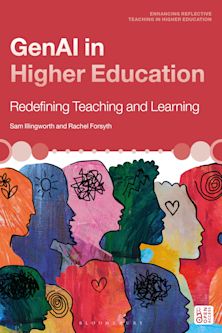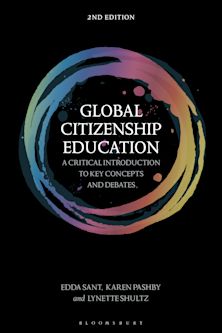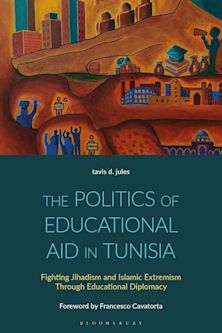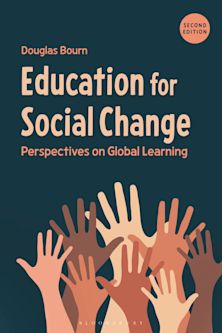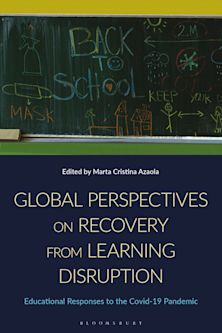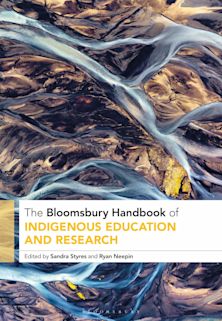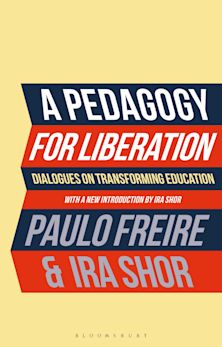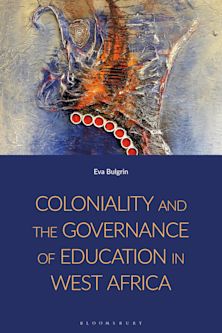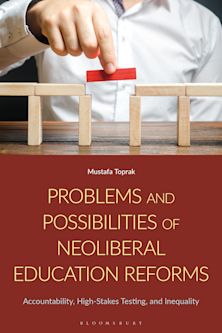Comparative Education
The Dialectic of the Global and the Local
Carlos Alberto Torres (Anthology Editor) , Robert F. Arnove (Anthology Editor) , Lauren Ila Misiaszek (Anthology Editor)
- Textbook
Comparative Education
The Dialectic of the Global and the Local
Carlos Alberto Torres (Anthology Editor) , Robert F. Arnove (Anthology Editor) , Lauren Ila Misiaszek (Anthology Editor)
- Textbook
This product is usually dispatched within 1 week
- Delivery and returns info
-
Free US delivery on orders $35 or over
Description
Now in its fifth edition, Comparative Education: The Dialectic of the Global and the Local has established itself as the state-of-the art, comprehensive as well as sophisticated framework for taking into account the dynamic interactions of local, national, regional, and transnational factors shaping education systems around the world. Our theoretical and methodological strategy for this volume has proven effective as a standard textbook for introducing the field of comparative education from various theoretical and methodological perspectives.
Table of Contents
Institutionalizing International Influence Joel SamoffEconomics, Education, and Society: Myths and Possibilities Steven KleesThe State, Social Movements and Education: Between Reform and Transformation Raymond Morrow and Carlos Alberto TorresCulture and Education Vandra Lea Masemann The Question of Identity from a Comparative Education Perspective Christine FoxEquality of Education: Six Decades of Comparative Evidence Seen from a New Millennium Joseph P. FarrellWomen’s Education in the Twenty-First Century Nelly P. StromquistControl of Education: Issues and Tensions in Centralization and Decentralization Mark BrayTransforming adult and community education: a theory of literacies for analysing change in Grenada’s revolution and after Anne Hickling-HudsonBetween the State, Society and Global Markets: Three Roles of Higher Education Susan Wiksten & Daniel Schugurensky Education in Africa: Not Remediation but Transformation and Innovation Joel Samoff & Bidemi CarrolEducation in Latin America: From Dependency and Neoliberalism to Alternative Paths to Development Robert F. Arnove, Stephen Franz, Carlos Ornelas & Carlos Alberto TorresThe Education of Youngsters in Conflict-Ridden Regions of the Middle East: Challenges and Opportunities Muzna Awayed-BisharaEducation in the Asia-Pacific Region: Achievements and Challenges John Hawkins (posthumous) & Anthony Welch Living Well Together as Educators in Our Oceanic 'Sea of Islands': Epistemology and Ontology of Comparative Education Kabini Sanga, David Fa’avae, Martyn ReynoldsThe Political Construction of European Education António TeodoroEducation in Eastern and Central Europe: Re-Thinking Post-Socialism in the Context of Globalization Ben Eklof & Iveta Silova Technocracy, Uncertainty, and Ethics: Comparative Education in an Era of Postmodernity and Globalization Anthony WelchComparative Education: The Dialectics of Globalization and Its Discontents Carlos Alberto Torres
Product details
| Published | Aug 05 2022 |
|---|---|
| Format | Hardback |
| Edition | 5th |
| Extent | 602 |
| ISBN | 9781538145548 |
| Imprint | Rowman & Littlefield Publishers |
| Illustrations | 7 b/w illustrations; 16 tables |
| Dimensions | 10 x 7 inches |
| Publisher | Bloomsbury Publishing |












